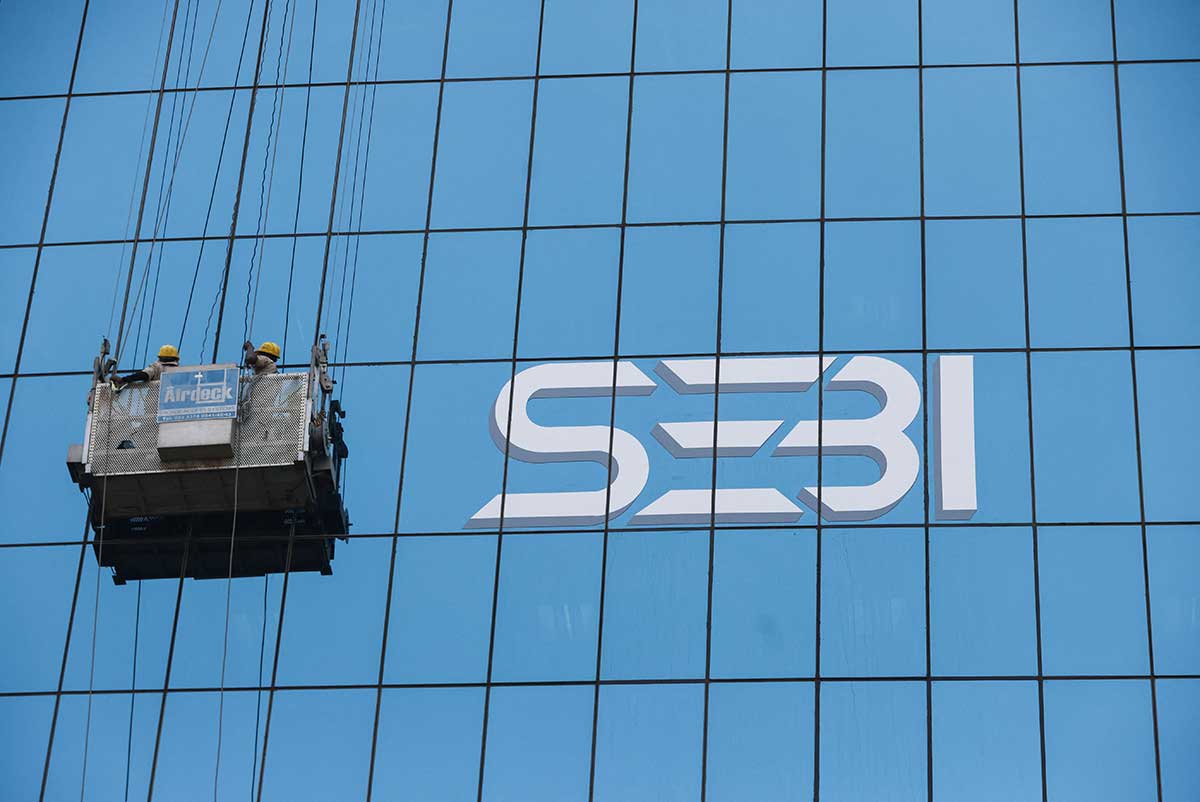Sebi on Wednesday said angel funds can raise capital only from accredited investors, as part of the revised framework notified by the regulator to streamline fundraising, investment and compliance norms under the alternative investment funds rules.

Photograph: Francis Mascarenhas/Reuters
In a circular, the regulator said angel funds, which are granted registration by Sebi, will be permitted to onboard only accredited investors, while existing funds have been given time until September 8, 2026, to align with the new regime.
During this transition, they may not offer investment opportunities to more than 200 non-accredited investors.
Existing investors of such angel funds will be allowed to retain their holdings in line with the terms of the Private Placement Memorandum (PPM).
Further, angel funds must secure at least five accredited investors before declaring their first close, which has to be completed within 12 months of Sebi taking the PPM of the angel fund on record.
Existing funds yet to declare their first close must do so by September 8, 2026, failing which they will have to refile documents with the regulator.
On investment modalities, investments in investee companies will be made directly by angel funds, without the requirement of launching a scheme for this purpose.
The earlier mandate to file term sheets with Sebi before investments has been scrapped.
However, angel funds will maintain records of term sheets for each investment, including the list of investors who participate in that investment and their contribution to the investment.
The regulator has allowed angel funds to make follow-on investments in companies that have ceased to be start-ups, subject to conditions.
These include ensuring that post-issue shareholding does not exceed pre-issue levels, and that total exposure to a single company, including follow-on investments, remains capped at Rs 25 crore.
Only existing investors in a company can participate in such follow-on rounds, in proportion to their earlier contribution.
The regulator has also specified that investments by angel funds will be subject to a one-year lock-in, which can be reduced to six months if the exit is via sale to a third party.
Overseas investments will remain permitted, provided they adhere to the 25 per cent ceiling under the AIF norms.
In addition, angel funds will now be recognised as a distinct Category I AIF, instead of being treated as a sub-category of venture capital funds.
Compliance audits will be mandatory for funds with investments exceeding Rs 100 crore, and all angel funds must provide investment-wise valuation and cash flow data to benchmarking agencies for performance comparisons.
The Securities and Exchange Board of India (Sebi) said this circular will come into force with immediate effect.




